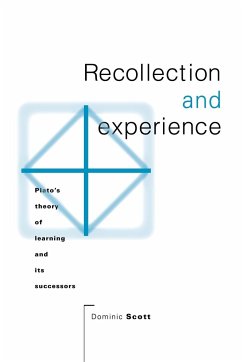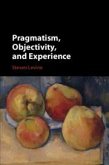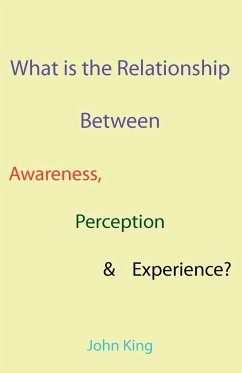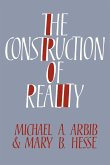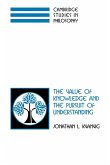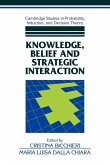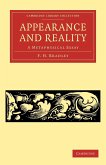This book approaches theories about learning in the history of philosophy, especially ancient philosophy.
Questions about learning and discovery have fascinated philosophers from Plato onwards. Does the mind bring innate resources of its own to the process of learning or does it rely wholly upon experience? Plato was the first philosopher to give an innatist response to this question and in doing so was to provoke the other major philosophers of ancient Greece to give their own rival explanations of learning. This book examines these theories of learning in relation to each other. It presents an entirely different interpretation of the theory of recollection which also changes the way we understand the development of ancient philosophy after Plato. The final section of the book compares ancient theories of learning with the seventeenth-century debate about innate ideas, and finds that the relation between the two periods is far more interesting and complete than is usually supposed.
Review quote:
"Scott argues skillfully.... A stirring conclusion..." International Studies in Philosophy
"The breadth of the discussion is quite great. It will behoove anyone interested in the notion of innateness to look at this book." Allen Silverman, Bryn Mawr Classical Review
"Dominic Scott's Recollection and Experience reminds us all of the richness of ancient philosophy and its legacy on the subsequent history of philosophy, particularly the 17th century." David Glidden, Ancient Philosophy
Table of contents:
Acknowledgements; Abbreviations; General introduction; Part I. Platonic Recollection: Introduction; 1. The Meno; 2. Recollection in the middle period; Part II. Aristotelian Experience: Introduction; 3. The rejection of innatism; 4. Levels of learning; 5. Discovery and continuity in science; 6. Discovery and continuity in ethics; Appendix to Part II - perception of the universal; Part III. Hellenistic Concepts: Introduction; 7. Hellenistic philosophy and common sense; 8. Innateness in the Hellenistic era; Interim conclusions; Part IV. Innatism in the Seventeenth Century: Introduction; 9. The inner core and mortar of our thoughts; 10. Locke and the posture of blind credulity; Conclusion; Bibliography; Index of ancient passages; General index.
Hinweis: Dieser Artikel kann nur an eine deutsche Lieferadresse ausgeliefert werden.
Questions about learning and discovery have fascinated philosophers from Plato onwards. Does the mind bring innate resources of its own to the process of learning or does it rely wholly upon experience? Plato was the first philosopher to give an innatist response to this question and in doing so was to provoke the other major philosophers of ancient Greece to give their own rival explanations of learning. This book examines these theories of learning in relation to each other. It presents an entirely different interpretation of the theory of recollection which also changes the way we understand the development of ancient philosophy after Plato. The final section of the book compares ancient theories of learning with the seventeenth-century debate about innate ideas, and finds that the relation between the two periods is far more interesting and complete than is usually supposed.
Review quote:
"Scott argues skillfully.... A stirring conclusion..." International Studies in Philosophy
"The breadth of the discussion is quite great. It will behoove anyone interested in the notion of innateness to look at this book." Allen Silverman, Bryn Mawr Classical Review
"Dominic Scott's Recollection and Experience reminds us all of the richness of ancient philosophy and its legacy on the subsequent history of philosophy, particularly the 17th century." David Glidden, Ancient Philosophy
Table of contents:
Acknowledgements; Abbreviations; General introduction; Part I. Platonic Recollection: Introduction; 1. The Meno; 2. Recollection in the middle period; Part II. Aristotelian Experience: Introduction; 3. The rejection of innatism; 4. Levels of learning; 5. Discovery and continuity in science; 6. Discovery and continuity in ethics; Appendix to Part II - perception of the universal; Part III. Hellenistic Concepts: Introduction; 7. Hellenistic philosophy and common sense; 8. Innateness in the Hellenistic era; Interim conclusions; Part IV. Innatism in the Seventeenth Century: Introduction; 9. The inner core and mortar of our thoughts; 10. Locke and the posture of blind credulity; Conclusion; Bibliography; Index of ancient passages; General index.
Hinweis: Dieser Artikel kann nur an eine deutsche Lieferadresse ausgeliefert werden.

